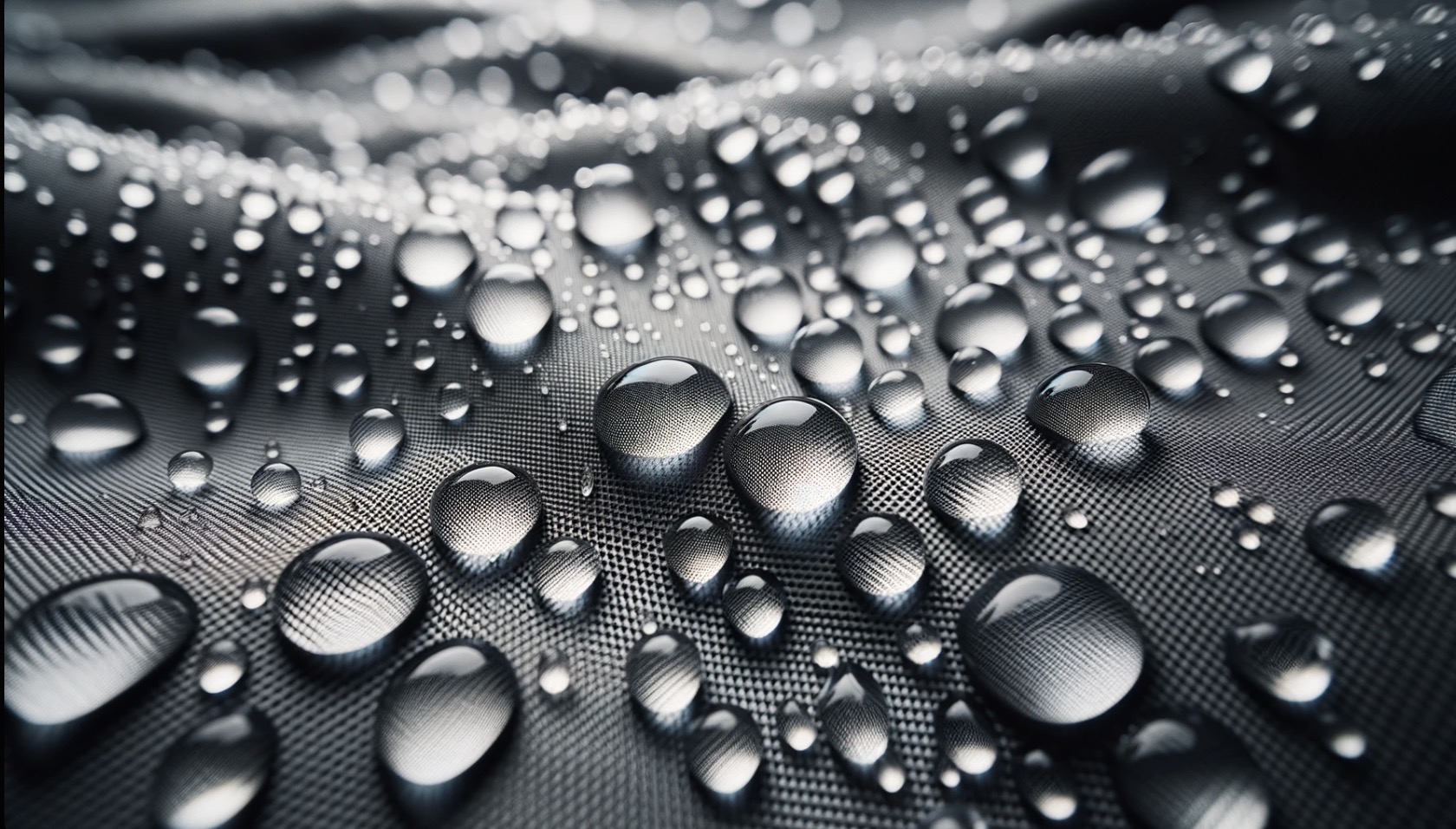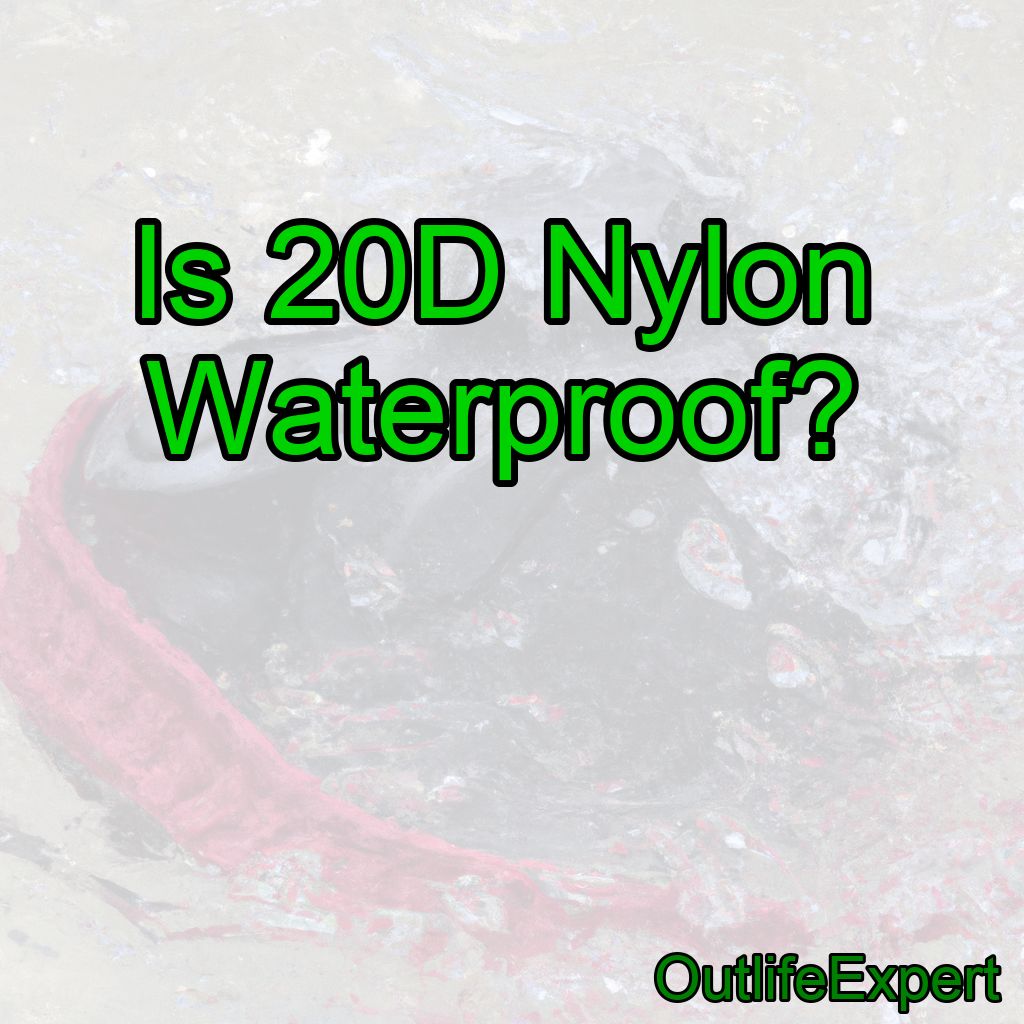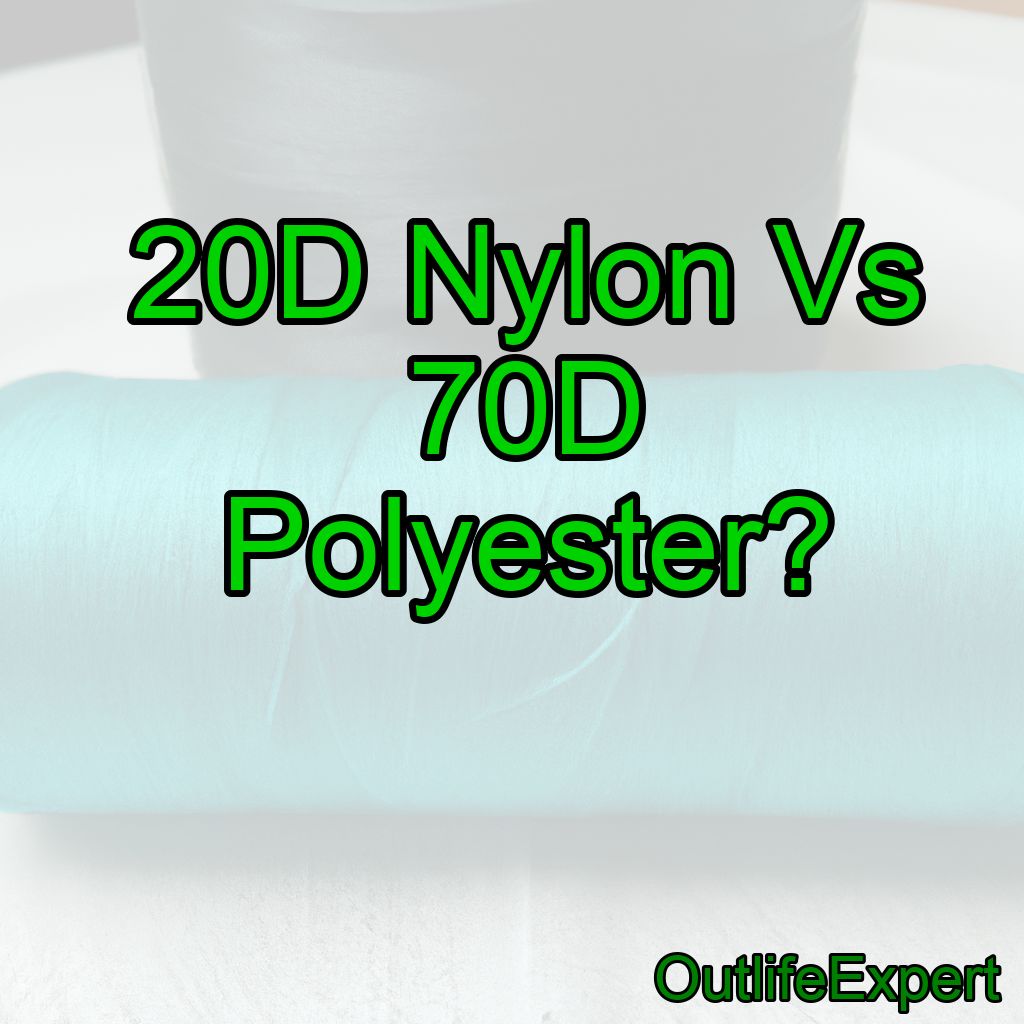The question of whether 1000d polyester is waterproof is a common one among outdoor enthusiasts, manufacturers, and anyone interested in durable materials.
The answer, however, is not as straightforward as a simple yes or no. In this comprehensive exploration, we delve into the properties of 1000d polyester, its waterproof capabilities, and its various applications.
Understanding 1000D Polyester
Before we can answer the question of waterproofness, it’s important to understand what 1000d polyester is.
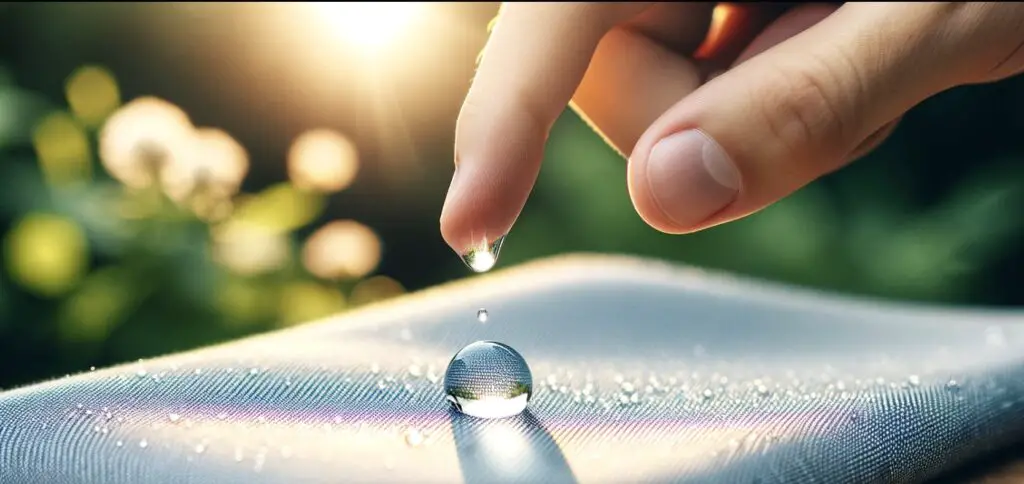
The ‘d’ in 1000d stands for ‘denier’, a unit of measurement for the linear mass density of fibers. It is defined as the mass in grams per 9000 meters of the fiber. The higher the denier, the thicker, sturdier, and more durable the fabric.
Polyester, on the other hand, is a type of polymer used in the manufacture of synthetic textiles. It’s known for its strength, resistance to most chemicals, and ability to withstand wear and tear.
When we talk about 1000d polyester, we’re referring to a very durable polyester fabric with a high denier count.
Is 1000d Polyester Waterproof?
Now, to the crux of the matter: is 1000d polyester waterproof? The short answer is, it can be. However, it’s important to note that polyester, by itself, is not inherently waterproof. It is a hydrophobic material, meaning it does not absorb water easily, but it is not completely impervious to water.
What makes 1000d polyester waterproof is the addition of a specific type of coating. Manufacturers often apply a layer of waterproof coating to the fabric to enhance its water-resisting properties. This could be a polyurethane (PU) coating, a polyvinyl chloride (PVC) coating, or a thermoplastic polyurethane (TPU) film. Each of these coatings has its own set of properties that contribute to the fabric’s overall waterproofness.
Types of Waterproof Coatings for 1000d Polyester
Polyurethane (PU) Coating
The PU coating is a popular choice for waterproofing 1000d polyester. It provides a good balance between water resistance and breathability, making it suitable for outdoor gear like tents and backpacks. The PU coating is applied to the inside of the fabric, creating a water-resistant barrier while allowing moisture from the inside (like sweat) to escape.
However, PU coatings are not without their drawbacks. They can degrade over time, especially under UV exposure, reducing their effectiveness. Additionally, they can add a bit of weight to the fabric, which might be a consideration for ultralight backpackers or hikers.
Polyvinyl Chloride (PVC) Coating
PVC coatings offer excellent water resistance and are often used for heavy-duty applications. They create a completely waterproof barrier, making them ideal for items like tarps and raincoats.
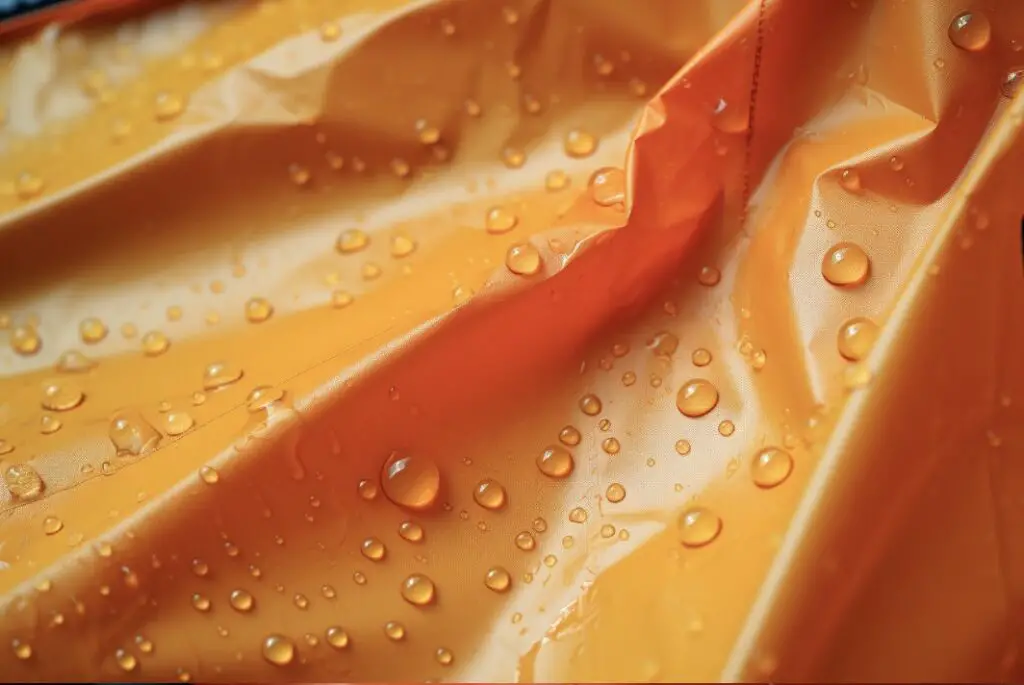
However, PVC coatings are not breathable, which can lead to condensation build-up inside the fabric. They are also heavier and less flexible than PU coatings.
Another consideration with PVC coatings is their environmental impact. PVC is not biodegradable and its production and disposal can release harmful toxins. Many manufacturers are moving away from PVC coatings for these reasons.
Thermoplastic Polyurethane (TPU) Film
TPU films are a newer option for waterproofing 1000d polyester. They offer excellent water resistance and are highly durable. TPU films are also breathable, making them a good choice for outdoor gear. However, they can be more expensive than PU or PVC coatings.
One of the advantages of TPU films is their flexibility. They can be applied to the fabric in a way that allows it to maintain its flexibility, which can be a benefit for items like backpacks or jackets that need to move with the wearer.
Applications of Waterproof 1000d Polyester
Waterproof 1000d polyester is a versatile material with a wide range of applications. Its durability and water resistance make it ideal for outdoor gear like backpacks, tents, and jackets. It’s also used in the manufacture of heavy-duty items like tarps, boat covers, and even inflatable boats.
Aside from outdoor gear, waterproof 1000d polyester is also used in various industrial applications. It’s used in the production of high-strength ropes and cords, in protective clothing, and in various types of covers and tarps used in construction and transportation.
Conclusion
In conclusion, 1000d polyester can be made waterproof through the application of specific coatings. The type of coating used will determine the level of water resistance, breathability, and overall durability of the fabric.
Whether you’re an outdoor enthusiast, a manufacturer, or simply someone interested in durable materials, understanding the properties and capabilities of 1000d polyester can help you make informed decisions about its use.
As with any material, it’s important to consider the specific needs and requirements of your project or product. While 1000d polyester with a waterproof coating can be an excellent choice for many applications, it may not be the best choice for every situation. Always consider the specific properties, strengths, and weaknesses of the material before making a decision.

